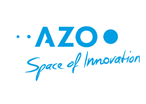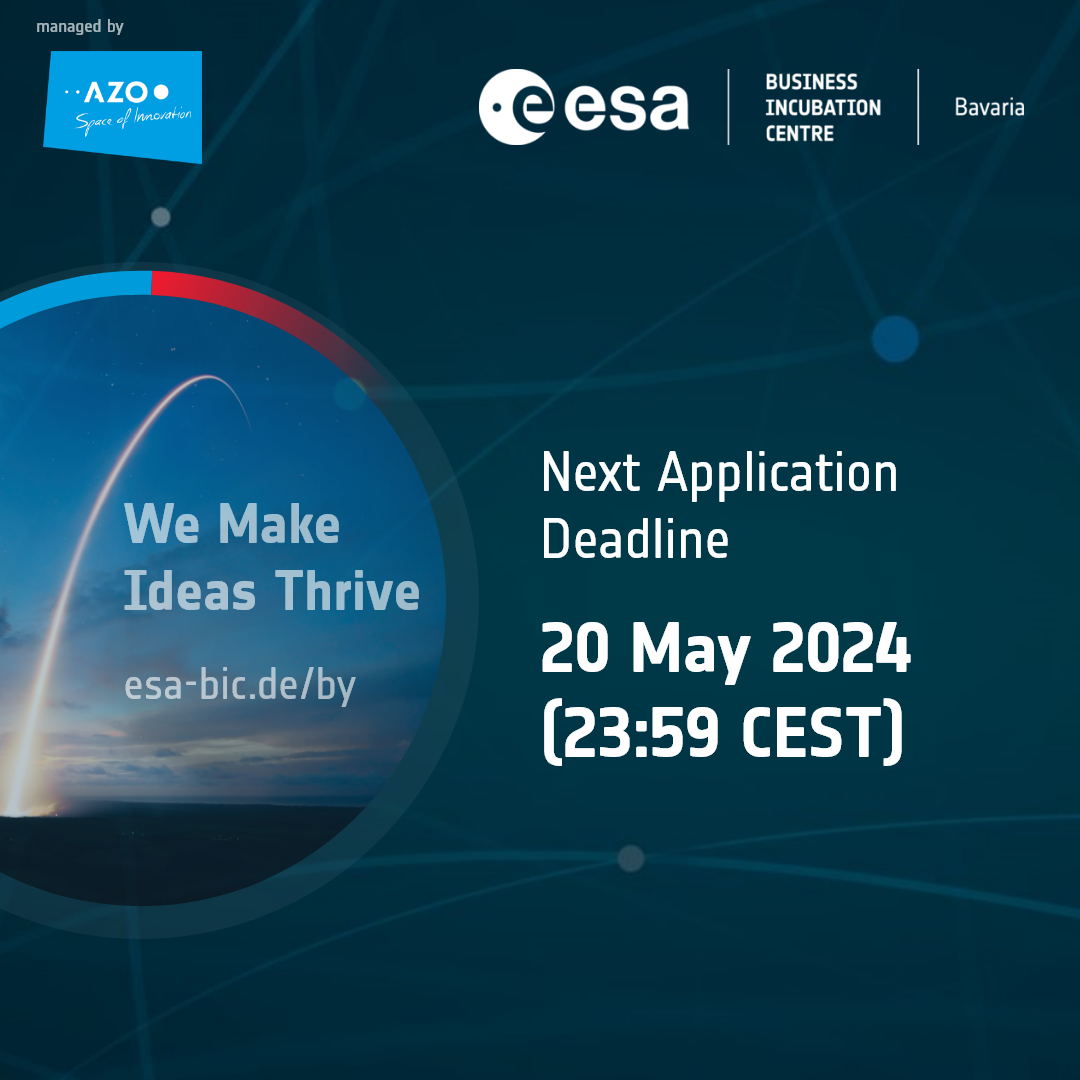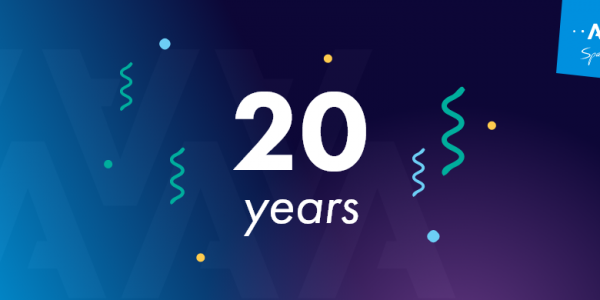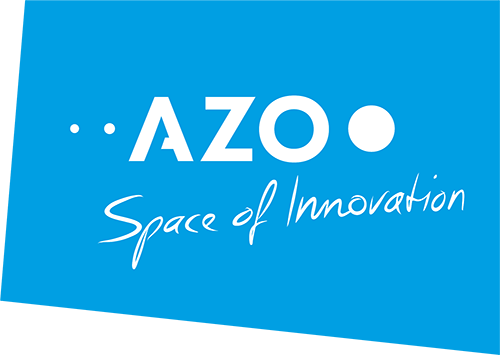The absence of accurate and high-resolution observations of the key variables of the water cycle (e.g. soil moisture, rainfall and river discharge), together with the significant anthropogenic impact on water resources, makes understanding the water cycle one of the most important challenges in modern hydrology. Earth observations (EO) derived from remote sensing platforms play a central role in filling the gaps in ground observations and make it possible to track the human impact from a new perspective. The ultimate objective of the research project “EARTH OBSERVATIONS FOR WATER CYCLE AND HYDROLOGICAL EXTREMES” is to make optimal use of EO to improve our understanding of the water cycle and the prediction of hydrological extremes such as floods, landslides and drought.
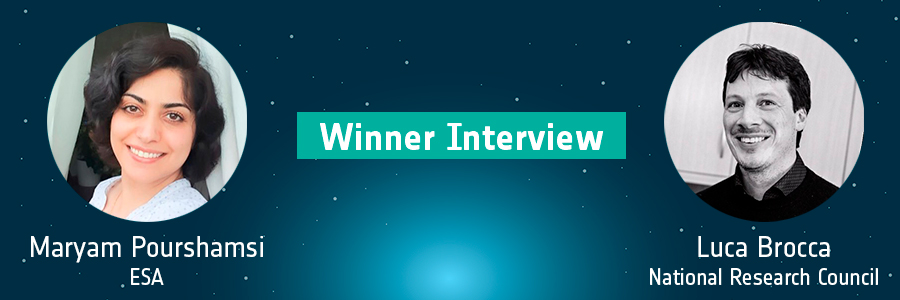
Maryam Pourshamsi (MP), ESA, interviews Luca Brocca (LB), Director of Research, National Research Council/Research Institute for Geo-Hydrological Protection, PhD.
MP: Please introduce yourself and your team
LB: The IRPI Hydrology Team is me, Luca Brocca as Team Lead, Stefania Camici, Luca Ciabatta, Christian Massari and Angelica Tarpanelli on EARTH OBSERVATIONS FOR WATER CYCLE AND HYDROLOGICAL EXTREMES.
MP: Please give us a sneak peek of your scientific achievement you won the Award for and the team behind it.
LB: The team has developed (and continues to develop) new approaches to exploiting EO for water cycle applications. Our most relevant results include an algorithm for precipitation estimation through soil moisture observations (SM2RAIN), which represents a completely new method with respect to the classical approaches. The same algorithm is also being exploited for irrigation water estimation, which is one of the most important missing variables that are needed to understand the water cycle – and one that is highly impacted by human activities. Finally, new approaches to river discharge estimation from space are being developed based on near-infrared observations and terrestrial water storage data. This could enable us to close the water balance at the continental and global scale (land-ocean fluxes).
MP: What was (were) your main reason(s) to accept nomination for the EO Excellence Award?
LB: As mentioned above, in the last 10 years our team has developed a number of activities related to EO and hydrology. Therefore, we were more than happy to accept the nomination. We were naturally excited to hear that we’d won the award as it recognises the work we have done in research projects and had published in international journals.
MP: Tell us more about your experience during the Award? Did the process and the outcome meet your expectations?
LB: The process was fine and went smoothly. The only issue was getting the award during the pandemic, which meant the ceremony had to take place online. We would have strongly preferred an on-site ceremony, of course.
MP: Now your project has been recognised by the EO international community. What has it changed for you?
LB: In the last 2–3 years the number of activities related to EO and hydrology has grown significantly. We are currently involved in 15 research projects funded by ESA, EUMETSAT, the European Commission, and local/regional authorities (8 as PI) that are working on exploiting satellite observations in hydrological applications and developing a digital twin of Earth for hydrology. Moreover, we are highly involved in activities that support users of satellite observations through training, capacity building and webinars. Hydrology is going to play a key role in the current and future activities supported by space agencies and the European Commission.
If you know someone who deserves to win the ESA-EGU EO Excellence Award 2023, please nominate them on https://www.eoxcellence.com/.
About the Author
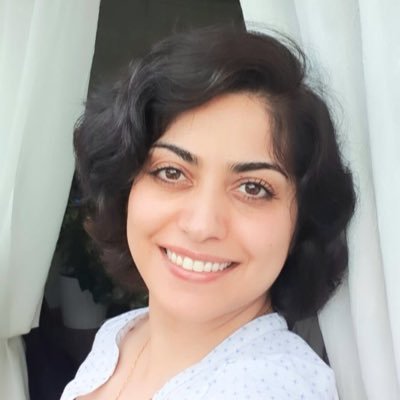
Maryam Pourshamsi is an Earth Observation Scientist at European Space Agency. She coordinates the ESA/EGU EO Excellence Award 2023. The award recognises and honours an individual early career scientist and Team that have made an outstanding contribution to the innovative use of Earth Observations, with a focus on the use of European EO datasets in the field of science and applications.
